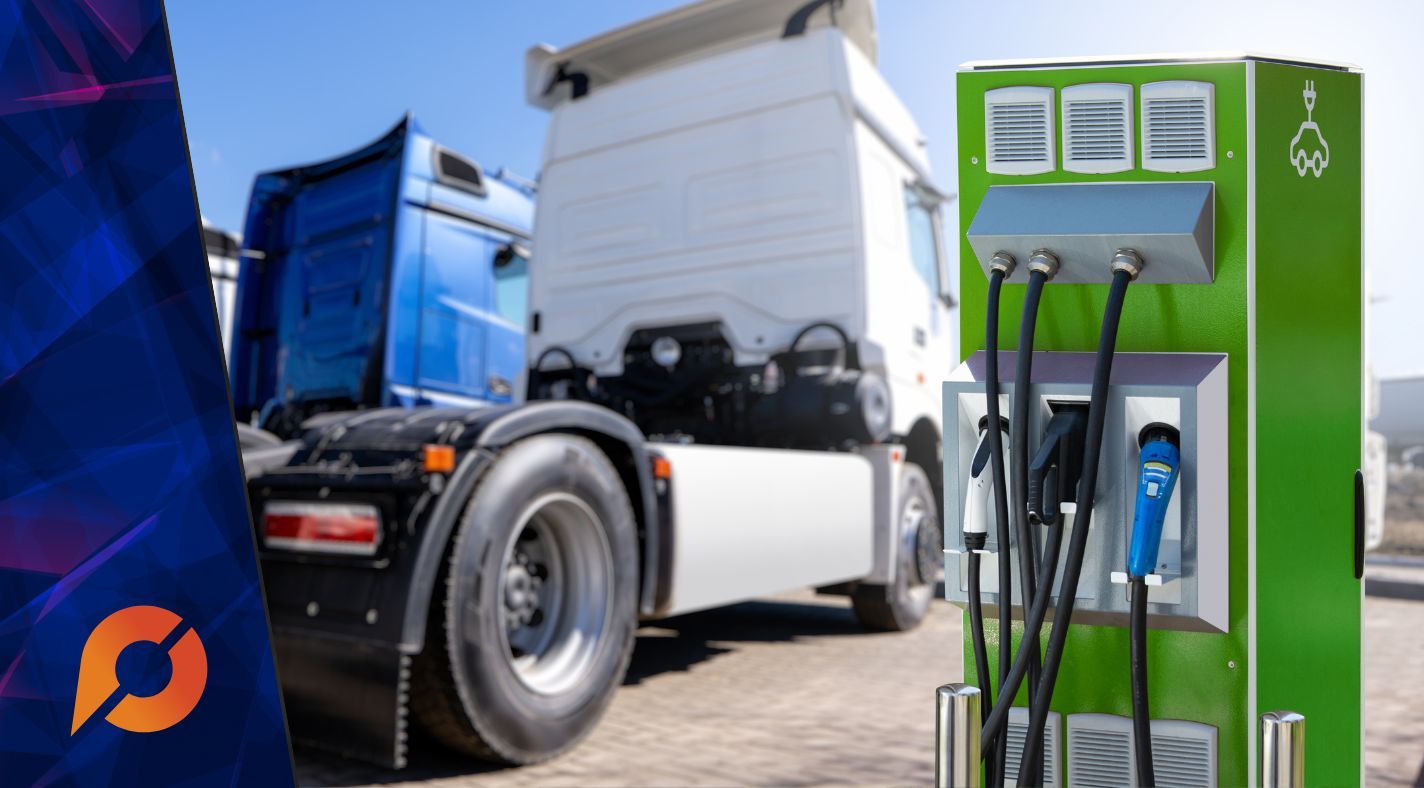Electric and Driverless Trucks: Can They Solve the UK’s Haulage Crisis?
The UK’s HGV driver shortage is reaching critical levels, but can electric and driverless trucks truly be the solution? With over 460 haulage companies going out of business in the past year, the industry is buckling under financial strain. How many more will need to fold before the government steps in to relieve the pressure, and is technology really enough to save it?

Electric Trucks: A Token Effort Amid Financial Strain
Electric trucks, like Tesla’s Semi, offer the promise of lower emissions and reduced running costs, but their high upfront price tag makes them inaccessible for most haulage companies. While customers demand cheaper deliveries to battle inflation, logistics firms are left with no margin to invest in the future. Many businesses would love to pay drivers more, but the financial reality is they simply can’t afford to. How can they invest in electric vehicles when they’re struggling just to keep their doors open?
Driverless Vehicles: A Long-Term Solution?
Autonomous trucks are seen as the silver bullet to the driver shortage, but the infrastructure to support them simply isn’t ready. Even if the technology progresses rapidly, it’s years away from replacing human drivers on a large scale. With the average age of an HGV driver now over 50, companies are desperate to find solutions, but the clock is ticking. Will autonomous vehicles come into play fast enough to prevent further business closures, or are they just another piece of technology that haulage companies can’t afford to wait for?
The Real Problem: Underinvestment and Rising Costs
At the heart of the driver shortage lies underinvestment. Logistics companies are not unwilling to pay drivers more; they just don’t have the financial room to manoeuvre. Rising operational costs, particularly fuel prices, and customers refusing to accept price hikes mean there’s little left in the pot to attract new drivers, let alone invest in future technologies. It’s not that companies aren’t trying - they simply can’t do it all. The question isn’t whether deliveries will stop altogether, but how many businesses need to collapse before something changes.
Government Intervention: The Missing Piece of the Puzzle
The Road Haulage Association (RHA) has been vocal about the need for government support, but so far, action has been slow. Without intervention, haulage companies are being asked to do the impossible: pay more, keep costs down, and invest in unproven technologies. It’s time for the government to step in and take the financial strain off these companies before the industry hits a breaking point. How many more businesses need to fold before the financial burden is lifted?
Applauding the Efforts of Haulage Companies
Despite the immense pressures they face, many haulage companies are still trying to push forward. Their investment in future technology, while limited, is a testament to their resilience in a market that offers little support. These firms should be applauded for trying to keep the industry afloat, but the reality is they can’t do it alone. Until the government steps in with meaningful financial support, the industry will continue to suffer, and the driver shortage will only worsen.
The future may well be electric and autonomous, but without immediate help, the haulage industry might not make it there in one piece. How much longer can companies keep trying before the government finally steps up? The answer could define the future of logistics in the UK.